After a series of tense developments between the US and China in recent times, every move of US Secretary of Defense Lloyd Austin and his Chinese counterpart Li Shangfu at the 2023 Shangri-La Dialogue is closely followed by observers and the public.
In addition to the public statements that US and Chinese officials exchanged at the conference and the press, observers are also interested in the "hidden messages" that the host country Singapore sent about US-China relations.
Singapore's meaning through the banquet table
Speaking to Phap Luat TP.HCM newspaper, Dr. Nguyen Tang Nghi - Lecturer of the Faculty of International Relations, University of Social Sciences and Humanities, said that Singapore's arrangement of seats for the US and Chinese Defense Ministers at the Dialogue's opening party on June 2 and luncheon on June 3 demonstrated the host country's professionalism and tact in trying to ease tensions between the two sides, at least at the dinner table.
According to Dr. Nguyen Tang Nghi, Singapore is aware that this is a rare opportunity for the two countries' highest-ranking defense officials to meet in the context of deteriorating relations between the two countries, especially when Mr. Ly Thuong Phuc refused to have a bilateral meeting with Mr. Lloyd Austin on the sidelines of the event. Therefore, the seating arrangement of these two VIP guests clearly shows that Singapore values this valuable meeting opportunity.
“In formal diplomatic ceremonies, countries can arrange banquets in the form of rectangular, round, U-shaped tables, etc., but the most preferred shape is rectangular. Looking at the banquet for Singapore's Defense Ministers at noon on June 3, we can see that Singapore arranged for US representative Lloyd Austin to sit on the right of Singapore. Normally, the position on the right of the host is the most important and solemn position, and this seating position also reflects the importance of the strategic partnership between Singapore and the US," said Dr. Nghi.
Singaporean Defense Minister Ng Eng Hen hosted the luncheon on June 3, with his US counterpart Lloyd Austin sitting on his right and his Chinese counterpart Li Shangfu sitting opposite. Photo: MINDEF/THE STRAITS TIMES
On the opposite side of the host Singapore is Chinese defense representative Li Shangfu. This position also shows the host country's respect for China, while creating an opportunity for US and Chinese representatives to exchange and listen to each other at the banquet table.
According to this expert's observation, at the opening party of the Dialogue on the evening of June 2, although sitting at a round table, Mr. Lloyd Austin and Mr. Ly Thuong Phuc were also arranged to sit almost opposite each other.
US Secretary of Defense Lloyd Austin and his Chinese counterpart Li Shangfu sat across from each other at VIP table 1 during the opening ceremony on the evening of June 2. Photo: LIANHE ZAOBAO/ THE STRAITS TIMES
“Unlike sitting next to each other, which makes it difficult to fully express diplomatic messages, sitting facing each other is a way for both sides to fully convey information, assess each other's emotions, attitudes, and psychological developments through eyes, facial expressions, body language, etc.,” said Dr. Nghi.
Thus, Singapore has made great efforts and done a good job of arranging and creating opportunities for both sides to exchange and dialogue to reduce suspicion and conflict when China and the US have different views and do not have a private meeting on the sidelines of the conference.
Also in the panoramic photo of the dinner at the round table, Singapore's prioritization of US and Chinese representatives at VIP table 1 and the arrangement of VIP table 1 in the middle looking up at the stage shows that Singapore is very aware of the position, role, and importance of the US and China in this Asian Security Dialogue, this expert commented.
At the dinner party on June 2, VIP table 1 was arranged in the first row, in the middle, looking up at the stage. Photo: IISS
Is it worrying that US and Chinese representatives are not meeting?
Speaking to the press after hosting a luncheon for 29 ministers and representatives at the Shangri-La Dialogue on June 3, Singaporean Defense Minister Ng Eng Hen said lines of communication should be established not just between friends, but even more so between adversaries.
The US and China cut off this top-level communication channel after the US shot down a Chinese balloon suspected of being used for spying in February, and the two ministers did not meet separately during this Dialogue.
Mr Ng Eng Hen said in his private conversations with China and the US, he found that both sides wanted dialogue and were moving towards that goal but it would be up to both sides to decide when and how to resume top-level communication.
Some officials and experts believe that the lack of dialogue between China and the United States at the highest level will have unpredictable consequences. For example, the incident last week when a Chinese fighter jet “crossed” a US spy plane showed that the two countries’ militaries regularly patrol disputed areas such as the South China Sea. Without this direct communication channel, there is a high risk of unintended conflict.
Talking to Ho Chi Minh City Law about this communication channel, Dr. Nghi said that the Chinese Minister's refusal to meet the US side on the sidelines of this Dialogue was explained by the Chinese side.
China does not want to meet the US because it disagrees with some issues with the US such as Taiwan, the US needs to lift sanctions on Mr. Li Shangfu in 2018 for buying Russian weapons, China believes that the US's military exercises with countries in the region are a "provocation" to China,...
However, whether or not the two Defense Ministers meet this time will not greatly affect regional security and will not necessarily cause serious consequences, according to Dr. Nghi.
This expert said that according to Chinese statistics, since US President Joe Biden took office, China has refused 11 high-level meetings with the US, such as at the level of foreign minister, defense minister, etc., to show its attitude towards US policies that China considers to limit China's rise and influence. Therefore, this non-meeting is not unprecedented.
He believes that China's unwillingness to meet the US this time is China's attitude and reaction that requires the US to show more goodwill if it wants dialogue, such as lifting the restrictions on Mr. Ly Thuong Phuc.
According to Dr. Nghi, the US always wants to find other channels to communicate with China and does not rule out the possibility of going through the Deputy Minister of Defense level channel and China does not object to this. Thus, if there is no top-level defense communication, there will still be lower channels to minimize unintended conflicts.
Source PLO
Source link


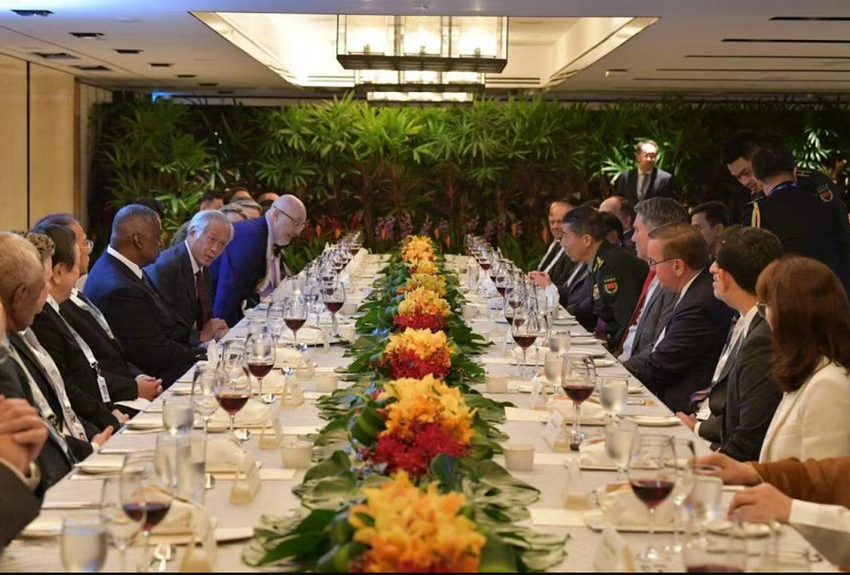
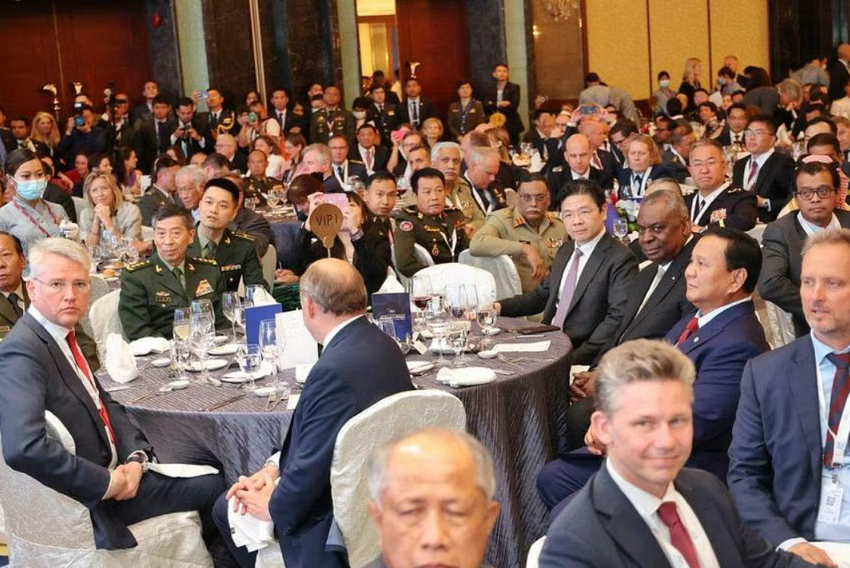
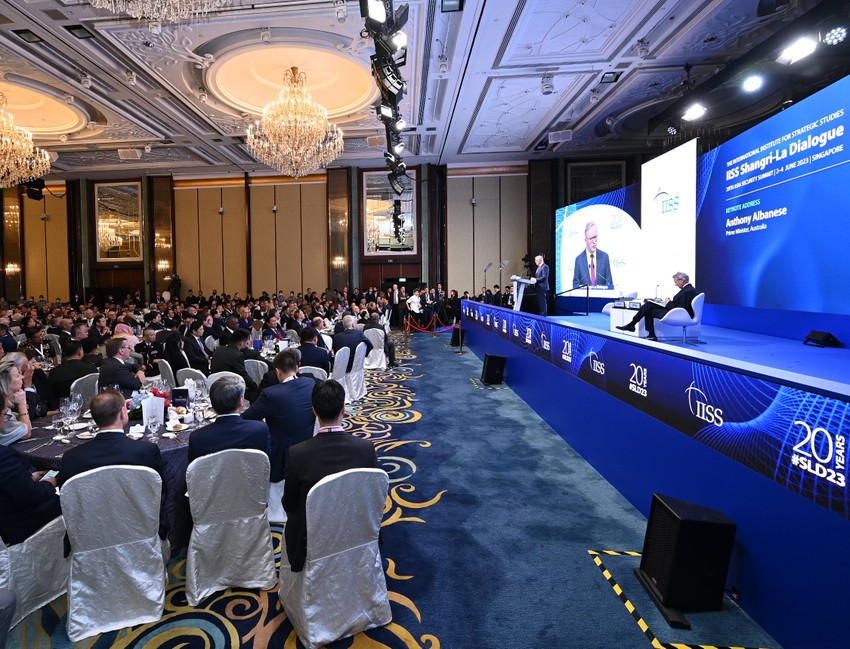
![[Photo] General Secretary To Lam works with the Central Policy and Strategy Committee](https://vphoto.vietnam.vn/thumb/1200x675/vietnam/resource/IMAGE/2025/5/28/7b31a656d8a148d4b7e7ca66463a6894)
![[Photo] 12th grade students say goodbye at the closing ceremony, preparing to embark on a new journey](https://vphoto.vietnam.vn/thumb/1200x675/vietnam/resource/IMAGE/2025/5/28/42ac3d300d214e7b8db4a03feeed3f6a)

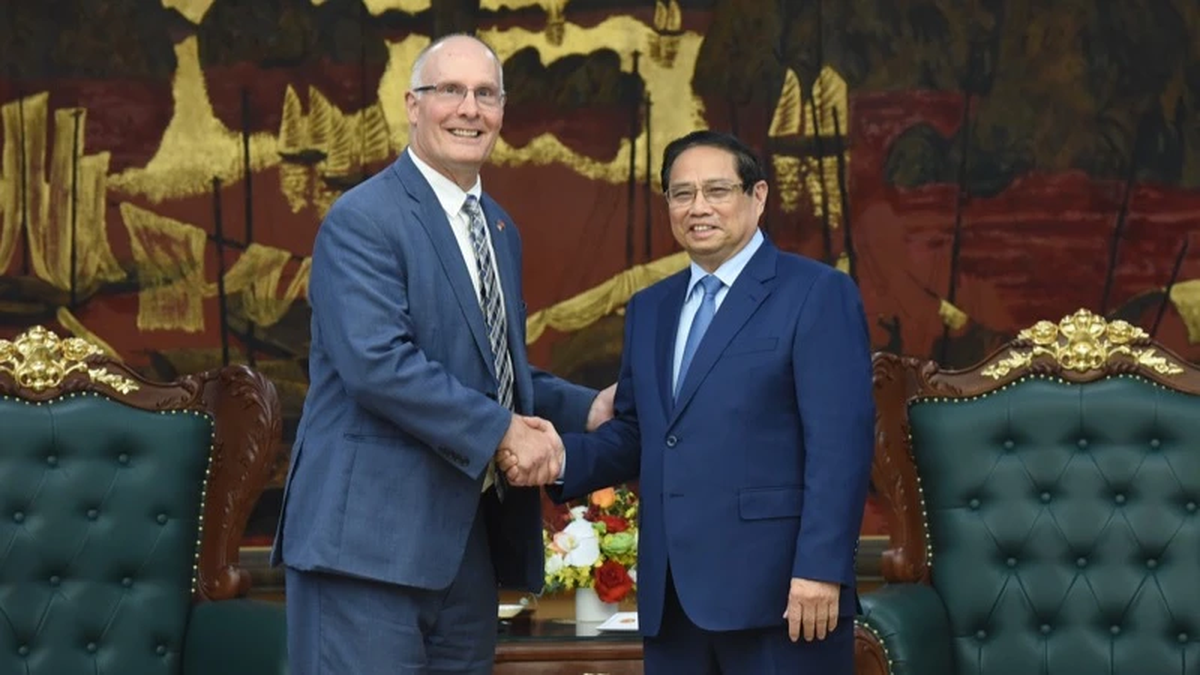
![[Photo] Prime Minister Pham Minh Chinh receives a bipartisan delegation of US House of Representatives](https://vphoto.vietnam.vn/thumb/1200x675/vietnam/resource/IMAGE/2025/5/28/468e61546b664d3f98dc75f6a3c2c880)
![[Photo] Vietnamese and Hungarian leaders attend the opening of the exhibition by photographer Bozoky Dezso](https://vphoto.vietnam.vn/thumb/1200x675/vietnam/resource/IMAGE/2025/5/28/b478be84f13042aebc74e077c4756e4b)
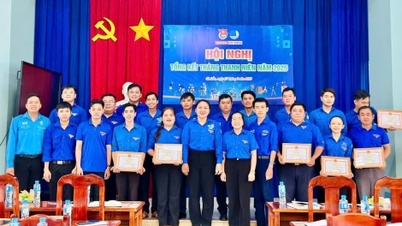


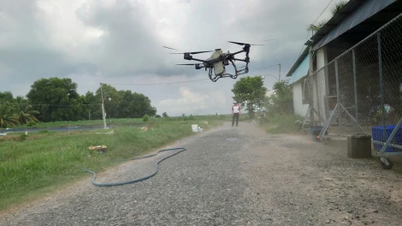







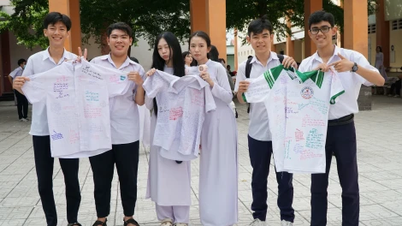
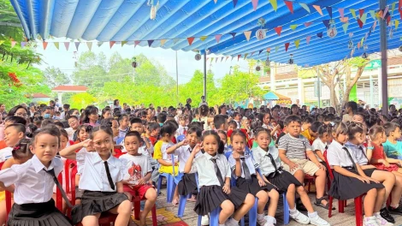

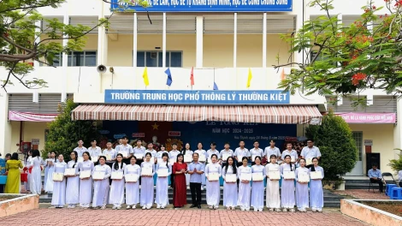
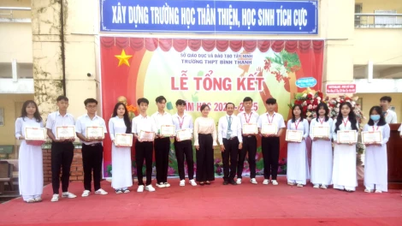






























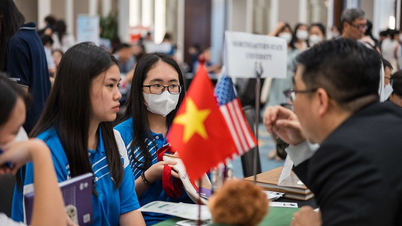












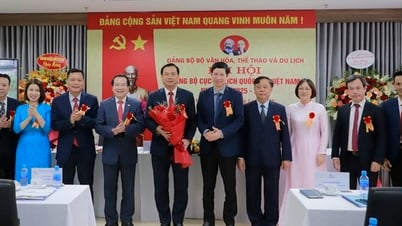
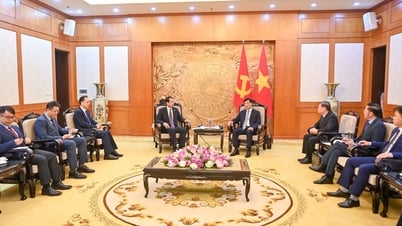




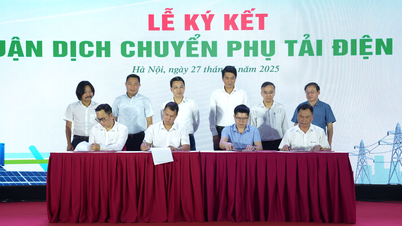
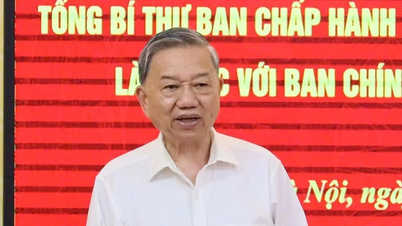

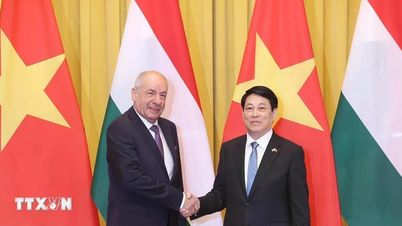













Comment (0)